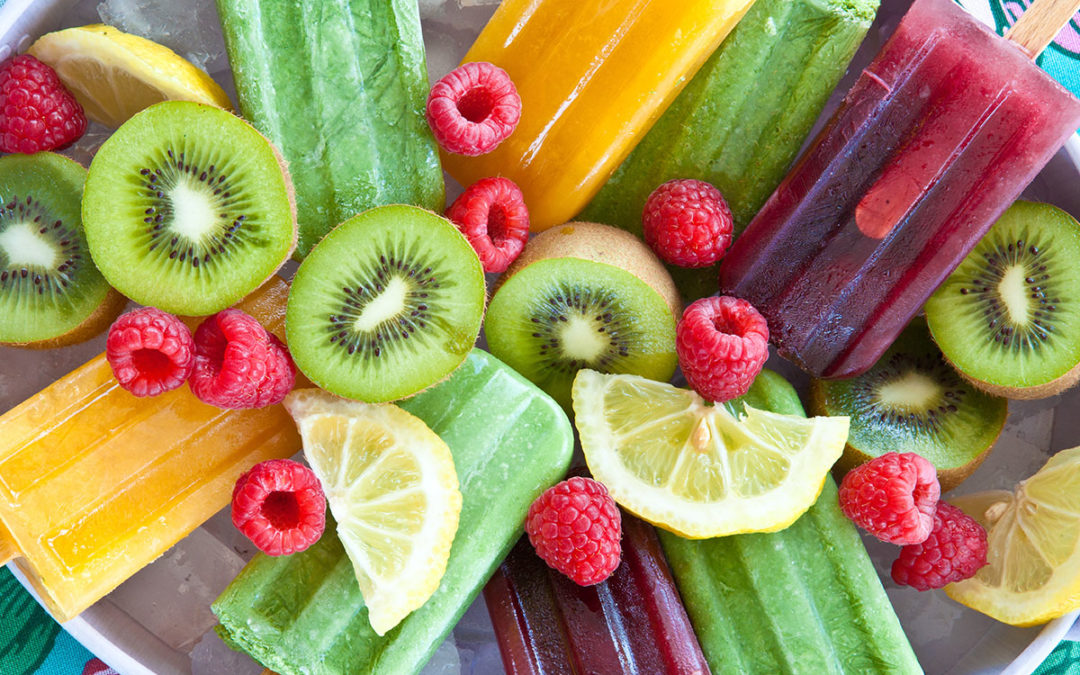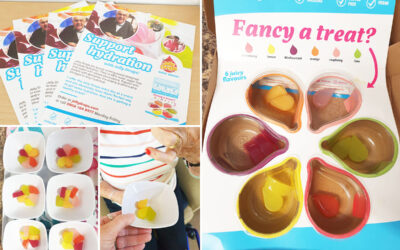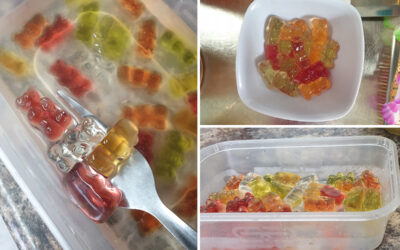This week, myself and two of our Nutrition and Hydration Champions attended a fantastic hydration workshop delivered by Naomi Campbell, the UK’s first Independent Hydration care nurse and consultant.
Naomi is working hard to flag hydration and de-hydration so that they are recognised and monitored, in the same way nutrition and malnutrition are assessed with the current ‘MUST’ scoring – a five-step screening tool to identify adults who are malnourished, at risk of malnutrition, or obese.
Put the kettle on…
We looked at ‘What does a cup of tea mean to you and your residents?’. It is true that the classic cup of tea means the world to many of us and has been an inherent part of our culture since the 1600s. In residential and nursing care, tea is a lifeline for many of our residents. Our Nellsar Homes naturally offer a wide spectrum of hot and cold drinks around the clock – however, tea is a common favourite.
What ever the favourite beverage, it is important to drink enough fluid throughout the day to keep us hydrated. We should aim for 1500 mls per day.
Keeping hydrated in warmer weather
In this warm weather it is particularly important to ensure that those who are less able to help themselves to a drink are supported well to do so. Taking shots of different flavoured drinks around is a fun way to encourage a little extra fluid intake and add in ‘extra sips’ – ice lollies are also a real winner!
We should remember that fluids can also be obtained from foods! I wrote a blog last year about hydrating foods and they should certainly be encouraged and offered throughout the day. This is a good tip for carers and loved ones. If you have a relative or a resident who might prefer to eat and isn’t so interested in drinking then look at their foods and see where you might be able to add in extra hydrating foods such as fruits, vegetables, soups and salads.
Hydration and well-being
Being hydrated makes us more alert and responsive, feel fresher and helps reduce pressure sores. It also helps reduce the risk of falls, helps improve appetite, improves constipation, and reduces headaches and fatigue.
Let’s all take time to drink more – and if you’re passing someone in a care home that might be without a drink, then offer them one.
We can all be advocates of hydration!
See: www.hydrationcareconsultancy.co.uk




